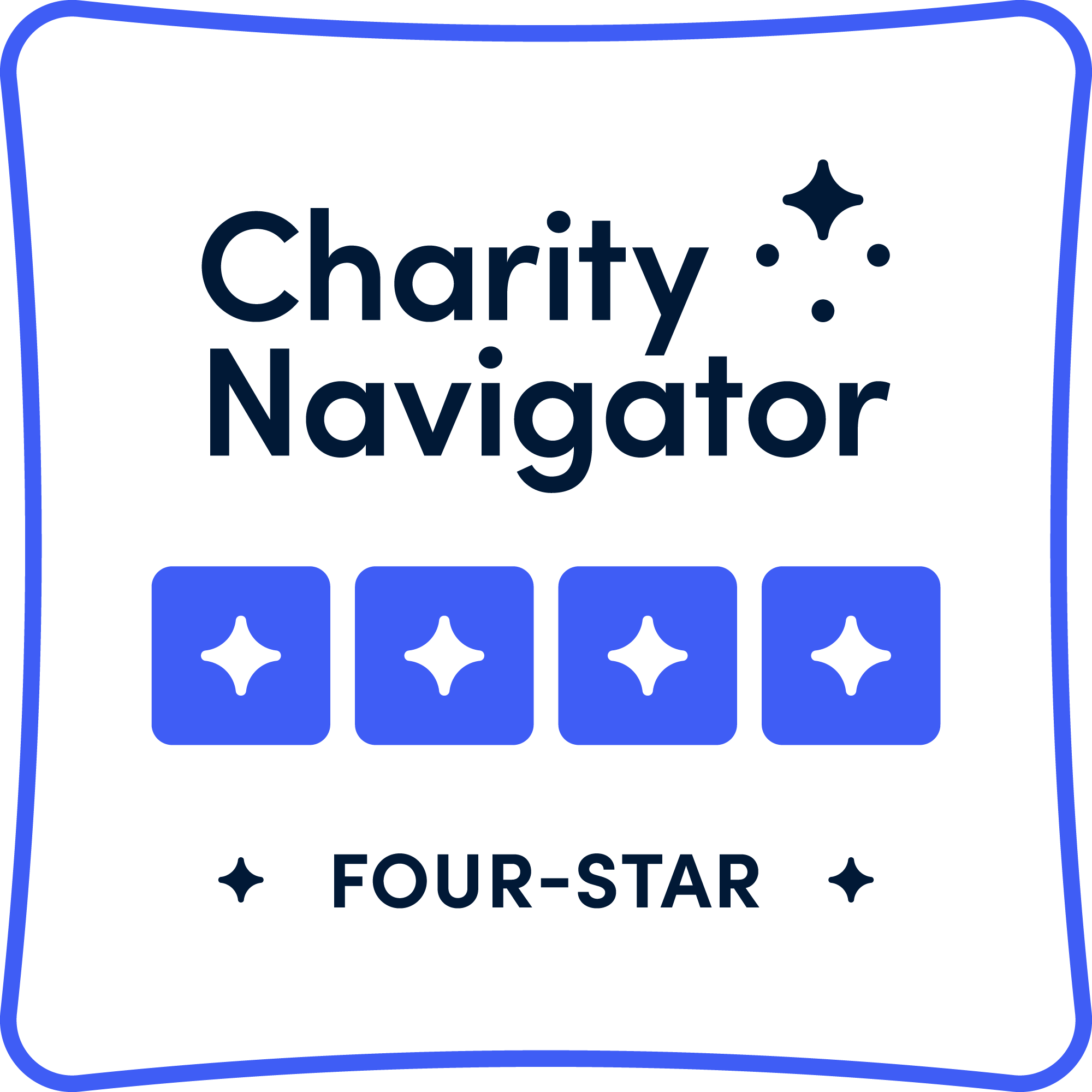Exercise During and After Cancer Treatment: Building Strength for Healing

At the National Foundation for Cancer Research (NFCR), we are committed to empowering patients and families with the knowledge and tools they need for better health and recovery. One important but sometimes overlooked tool is exercise.
For individuals undergoing cancer treatment and survivors, the right kind of physical activity can be a powerful way to support healing, improve well-being, and regain strength.
Why Exercise Matters for Cancer Patients and Survivors
Research shows that regular, safe exercise can:
- Reduce cancer-related fatigue, one of the most common side effects of treatment
- Improve strength, balance, and flexibility
- Boost mood and reduce anxiety and depression
- Support heart and lung health
- Maintain a healthy weight, which may help reduce the risk of cancer recurrence
- Enhance overall quality of life
Staying active is not about pushing yourself too hard — it’s about keeping your body as strong and resilient as possible.
Getting Started: Safe and Realistic Steps
Before beginning any exercise program, it is important to consult with your oncology team or healthcare provider. Your care team can help guide you toward activities that are safe and appropriate for your situation.
Here are NFCR’s key tips for getting started:
- Start small: Even 5–10 minutes of light activity, such as gentle walking or stretching, can make a difference.
- Choose activities you enjoy: Walking, swimming, yoga, cycling, tai chi, and even gardening or light housework can all support recovery.
- Listen to your body: Some days will be better than others. Rest when needed, but try to keep moving when you can.
- Build gradually: As you gain strength and confidence, you can slowly increase your activity time and intensity.
Sample Exercise Recommendations
- Aerobic exercise: Aim for moderate activities like walking for 20 minutes, 3–5 times per week.
- Strength training: Light resistance exercises, such as lifting hand weights or using resistance bands, 2–3 times a week.
- Flexibility and balance: Incorporate stretching or gentle yoga daily to maintain range of motion and prevent falls.
Every step counts, whether it’s a walk around the block or light stretches at home.
Addressing Common Concerns
“I’m too tired to exercise.”
Starting small with light activities can actually help reduce fatigue over time.
“I’m afraid I’ll get injured.”
With guidance and by starting slow, exercise is safe for most patients.
“It’s too late for me to start.”
It’s never too late. Gentle movement at any stage can benefit your body and spirit.
NFCR’s Message to You
At NFCR, we believe that every patient deserves the tools to live well during and after cancer treatment. Exercise, tailored to your needs and abilities, can play a vital role in your journey toward healing and hope.
Remember:
- Start where you are.
- Use what you have.
- Do what you can.
Your body is stronger than you think; every small effort builds a foundation for a healthier future.
Sign-up to Stay Informed About Cancer Research Breakthroughs with NFCR!
A world without cancer is possible. Help us turn lab breakthroughs into life-saving realities.

5.7 Million+
Donors who have fueled NFCR’s mission

$420 Million+
Invested in high-impact research & programs

36+ Labs & Hundreds of
Nobel Laureates & Key Scientists received NFCR funding, driving breakthrough research












